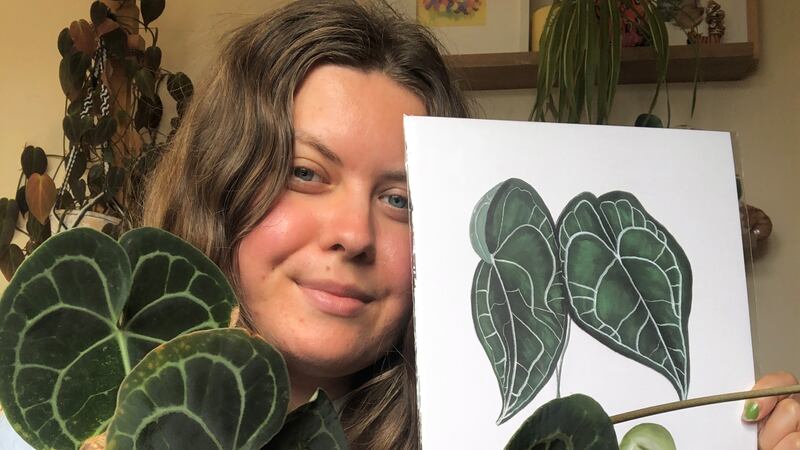QUESTION: I suspect Ken Dodd had a chuckle when he married his long term partner of 40 years hours before his death in order to avoid an Inheritance tax bill. Does such ‘death bed planning’ really work or is it better to do tax planning a little earlier?
ANSWER: Ken Dodd certainly had the last laugh when he married his long term partner, to avoid Inheritance tax (IHT) a day or two before his death. This last minute ‘death bed tax planning’ allowed him to transfer all his wealth to his ‘spouse’ free from IHT, avoiding an IHT rate of 40 per cent which would have been levied on the value of his chargeable estate at death. The situation would have been much different had he mis-timed his death and died just before the wedding as this would have left his estate with an estimated £2.5m IHT bill to pay. It is, however, normally advisable to put steps in place to reduce IHT exposure a little earlier than Ken did.
There is normally no Inheritance Tax to pay if the value of an estate is below the £325,000 threshold or if everything is left to a spouse or civil partner, a charity or a community amateur sports club. Gifts made within seven years of a donors death also count towards the value of their estate. There may be IHT to pay if they’ve given away more than £325,000, but only if they die within seven years of the gifts. IHT on gifts is paid by the person who received the gift (the ‘beneficiary’) - not the estate. If there’s Inheritance Tax to pay, it’s charged at 40 per cent on gifts given in the three years before death. Gifts made three to seven years before death are taxed on a sliding scale known as ‘taper relief’.
Nevertheless, there are various exemptions provided for gifts which, when used to their full potential consistently over many years, can add up to a significant IHT reduction.
Firstly, there is usually no Inheritance Tax to pay on small gifts a person makes out of their normal income, such as Christmas or birthday presents. These are known as ‘exempted gifts’. A person can give as many gifts of up to £250 per person as they want during the tax year as long as they haven’t used another exemption on the same person.
Secondly, a person can give away £3,000 worth of gifts each tax year without them being added to the value of their estate. This is known as their ‘annual exemption’. A person can carry any unused annual exemption forward to the next year, but only for one year. Wedding or civil ceremony gifts of up to £1,000 per person are also tax free, increased to £2,500 for a gift to a grandchild or great grandchild and £5,000 for a child.
Thirdly, a further type of exemption gift covers those that are made out of income, as opposed to capital. This exemption only applies to gifts made from a person’s surplus income.
Trusts can also provide an effective means of transferring assets out of an estate to reduce IHT exposure while still allowing flexibility in the ultimate destination and permitting the donor to retain some control over their assets. Provided that the donor does not obtain any benefit or enjoyment from the trust, the property can be removed from the estate and avoid IHT.
Life assurance arrangements can also be used as a means of removing value from an estate and as a method of funding IHT liabilities. A policy can also be arranged to cover the IHT due on death. This is particularly useful in providing funds to meet an IHT liability where the assets are not easily converted to cash.
IHT has no fixed form and can be highly emotive but a mixed approach of exempt giving and well-timed lifetime giving can significantly mitigate the tax a person pays on death.
:: Janette Burns (j.burns@pkffpm.com) is associate director at PKFFPM (www.pkffpm.com). The advice in this column is specific to the facts surrounding the question posed. Neither the Irish News nor the contributors accept any liability for any direct or indirect loss arising from any reliance placed on replies.








